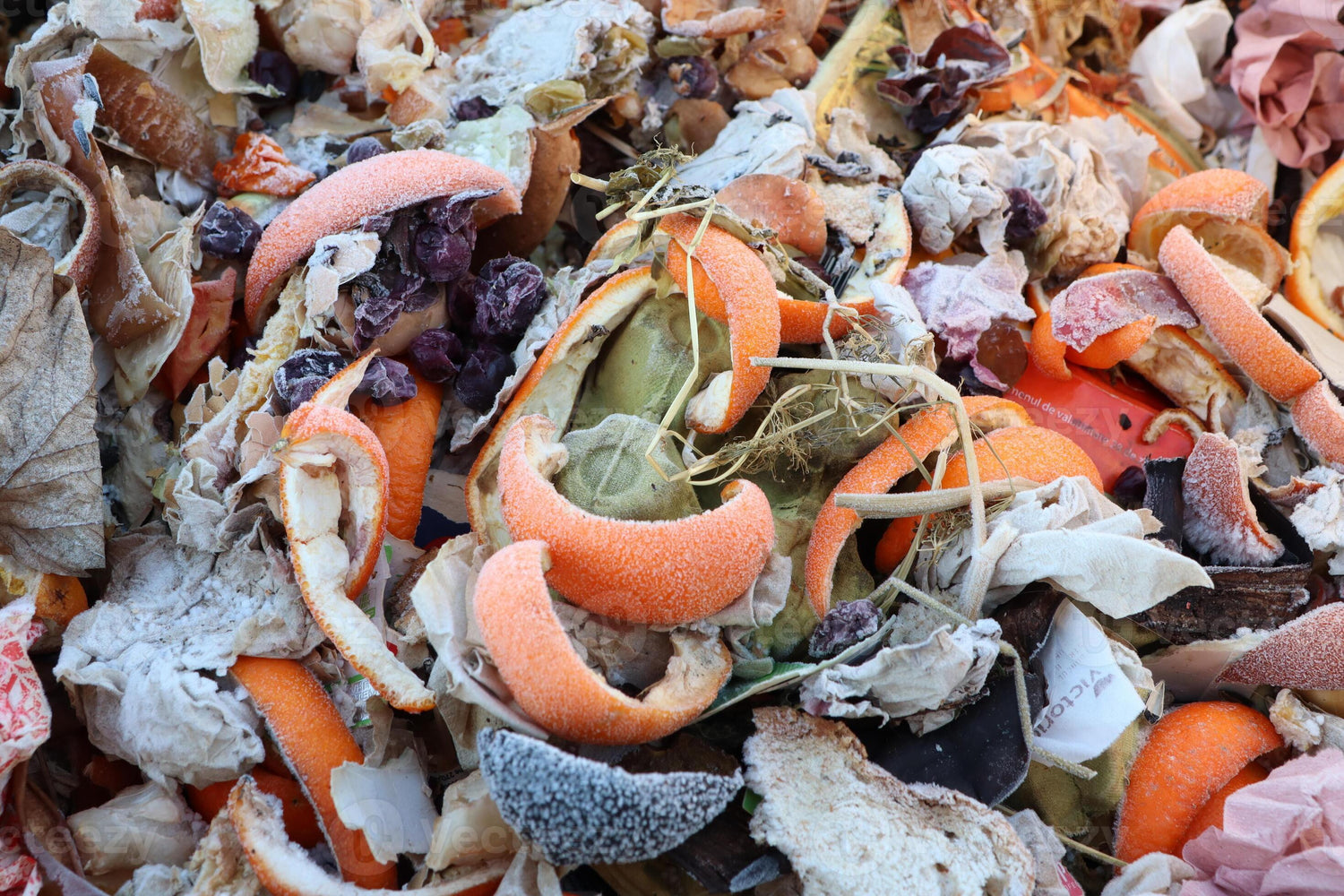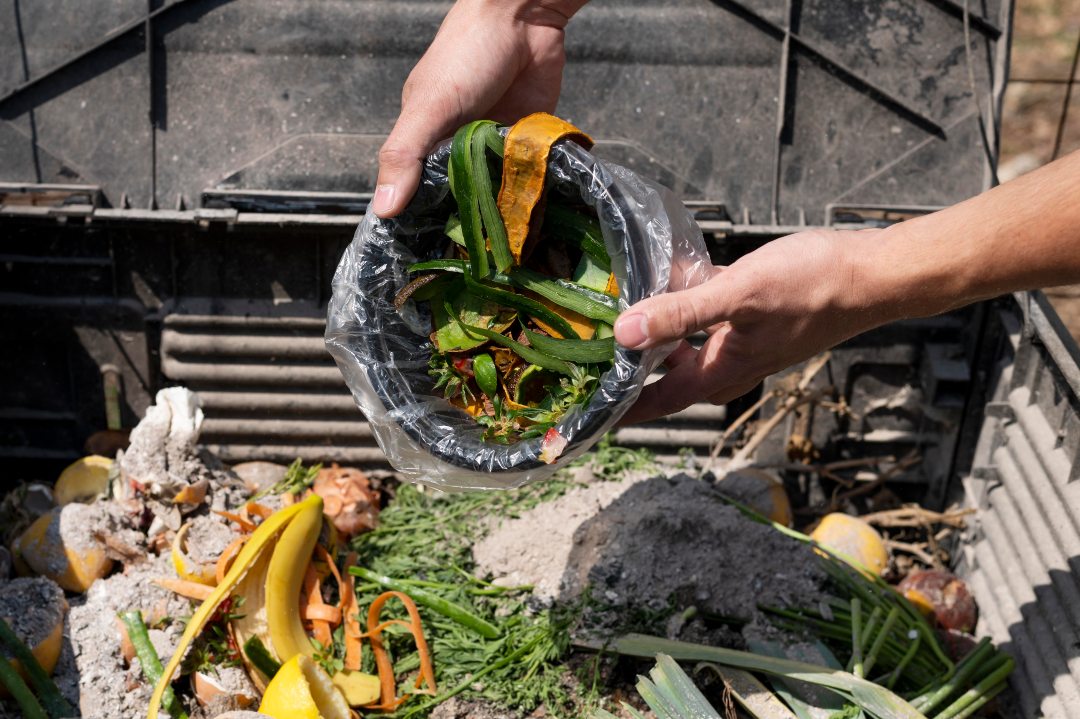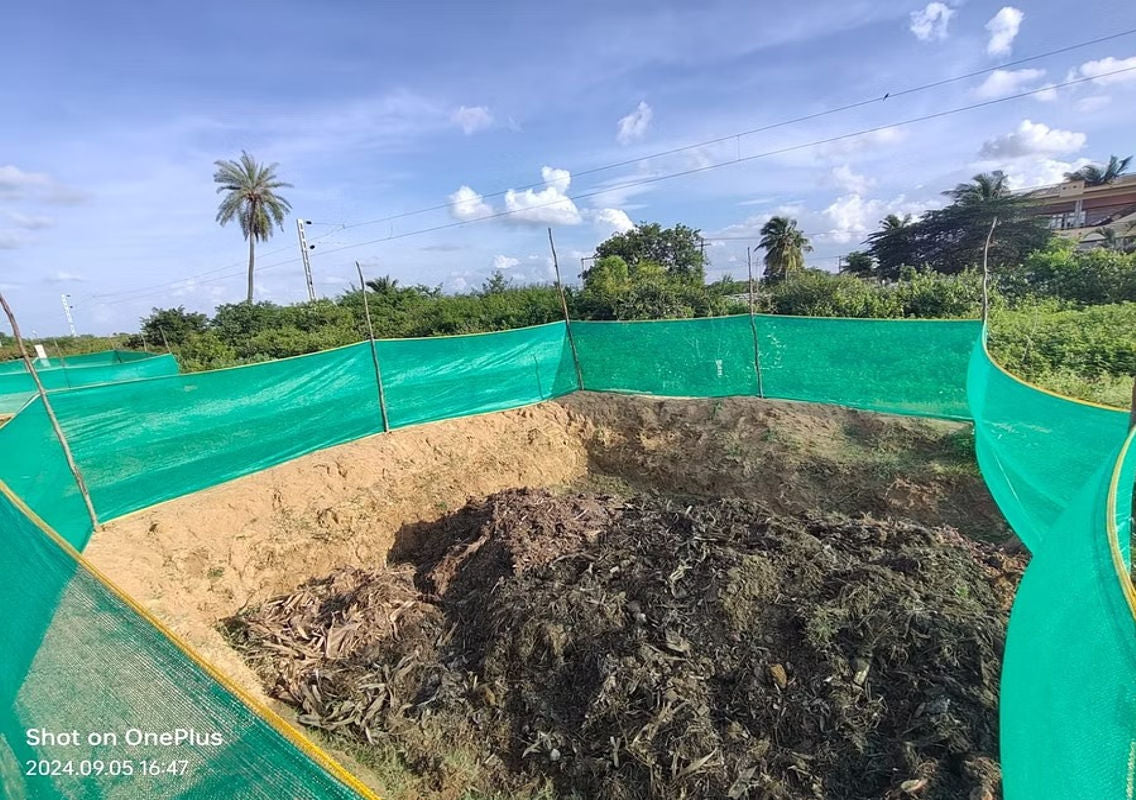Organic Waste Management

Green Waste
Waste is one of the major issues in the world and many researchers and environmentalists are struggling to reuse that waste through different recycling processes. Poor waste management contributes to climate change and air pollution, and directly affects many ecosystems and species. Among other wastes management issues, green waste is an important subject matter of waste management. First, it is to be understood that what green waste is. Green waste is defined as biodegradable waste generated from such as grass clippings, trimmings, old stumps, tree branches, twigs, leaves, flowers, weeds and unwanted indoor plants. Moreover, timber waste such as treated and untreated wood from home renovation projects as well as construction and demolition activities, and also wood waste and pallet from furniture industries.
Daily food waste is also an important factor in producing green waste. According to the Food and Agriculture Organization (FAO) of the United Nations, one third of all food produced globally for human consumption, 1.3 billion tonnes, is wasted
annually, causing an estimated 14% of the world’s greenhouse gas emissions. The methane gas emissions generated by rotting food waste in landfill are extremely harmful to our planet – in fact in excess of 25 times more damaging than carbon dioxide (CO2) as a greenhouse gas.
Green waste is harmful if it is not disposed of properly. There is a finite amount of space that can be taken up by landfill. If we remove organic matter from the ordinary waste, we can reduce the total amount of waste going into landfill. Unprotected decomposition of green waste can emit harmful gases, like methane which is a greenhouse gas as well as cause fire. So proper decomposition of green waste can mitigates the harm. There are numerous recycling opportunities for green waste to be collected and converted into soil conditioners, mulch and compost in accordance with industry best practices. Different organic and green waste recycling and disposal solutions can help you:
· Lighten the weight, volume and cost of general waste bin
· Lower possible landfill levy charges
· Effectively close the organic loop on this essential waste stream
· Improve landfill diversion and sustainability rates

Caption
WHY GREEN WASTE RECYCLINGSHOULD BE A PRIORITY IN 2025?
Green waste recycling then reuse is the best way through which we can reduce greenhouse gasses in 2025 and beyond. Let have a look on the traditional green waste management activities where municipalities collect green waste in the form of garden-related organic materials and yard trimmings. Very rarely did it ever include food scraps or compostable food items. Now, researches show that food scraps are also an important part of waste management. As the new methods and techniques of waste management emerges, municipalities look for ways to reduce climate change and green waste has emerged as a viable solution. By lessening the impact that landfills have on the environment, every municipality in the world can help combat harmful gasses in the future.

COMPOSTING GREEN WASTEDOMESTICALLY AND INDUSTRIALLY
Green waste generated at home or business premises can be effectively compost. During the process of composting food waste from vegetables and fruits can be added to the greater green waste, although this food waste cannot be put into the green waste recycling bin. Composting is a highly sustainable disposal method, and
becomes particularly effective in an allotment setting or when working with neighbors or partners to compost materials together. If you have no need for composting in your home or business, you can also rely on a waste management company, like Eco Green Oasis, to do this for you. These organizations will collect your green waste and compost it at their own site. They can also collect and reuse some materials – such as soil, compost and rubble/aggregates in construction and landscaping projects.
BENEFITS
OF RECYCLING GREEN WASTE
By hiring a green waste recycling organization, like Organic Greener, you can contribute a lot to the betterment and protection of the natural environment. Recycling food and green waste can significantly reduce carbon emissions because now your waste will not end up in the same methane-producing way in landfills as normal waste. In addition, the green waste that you produce can go to a processing facility, where it is recycled to compost. This compost can then provide a lot of benefits to landscapers, gardeners, and community members as a soil enricher or soil blend. Responsible green waste management is an essential component of the recycling process and should be seen as just as important as other recycling materials.
